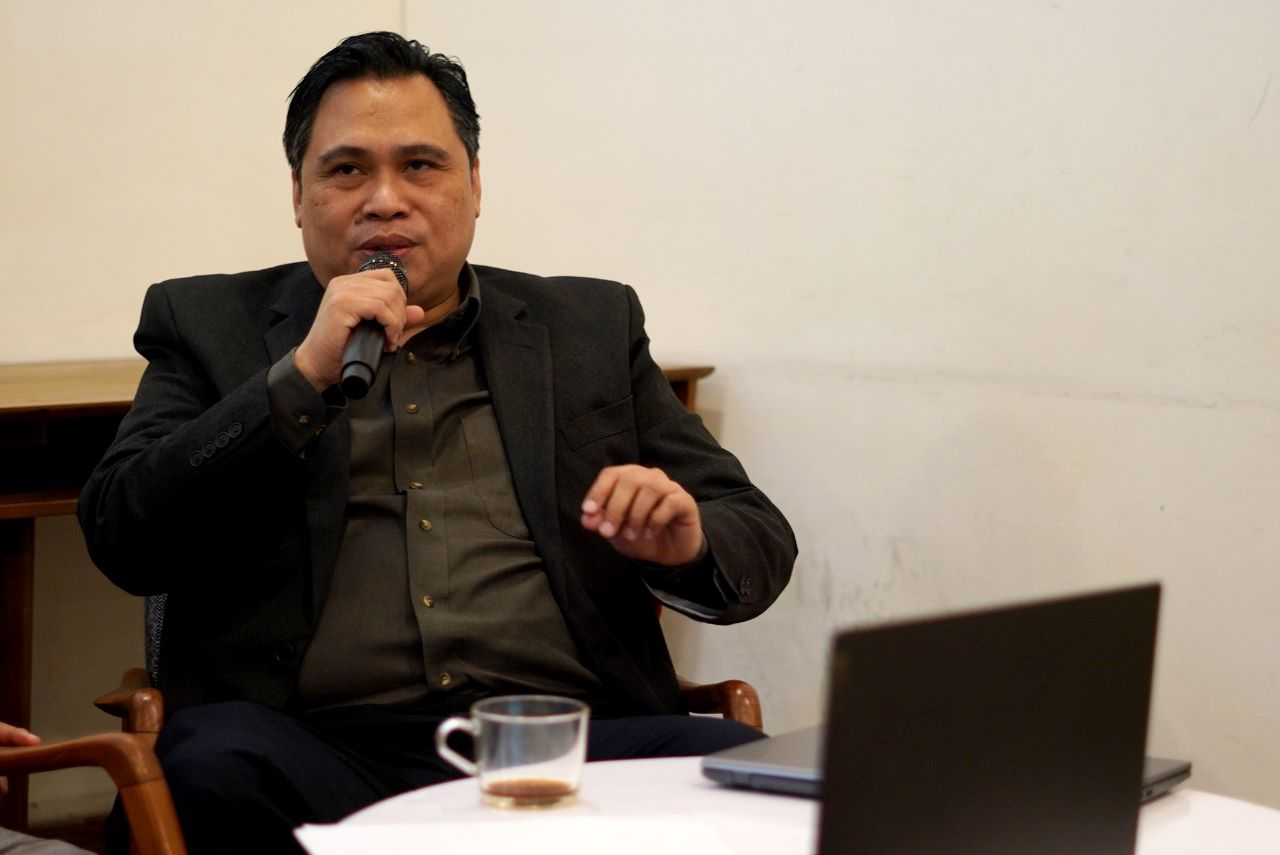Chinese Community is Urged to Stay Focused on Contributing to Indonesia
- ANTARA FOTO/M N Kanwa
Jakarta – The ethnic Chinese community has long been an integral part of the Indonesian nation, contributing in various ways to politics, culture, and economy.
This was expressed by the Chairman of the Indonesian Sinology Forum, Johanes Herlijanto, in response to the recent resurgence of the issue of economic dominance by Chinese entrepreneurs.
According to Johanes, for centuries, the Chinese community has had close relationships with various groups in the Indonesian archipelago.
For example, in history, there was an alliance between the Chinese community and the Javanese people after the massacre of Chinese people by Europeans in Batavia in 1740.
"Pakubuwono II, who led the Islamic Mataram Kingdom with its center of power in Kartasura, sent 20,000 troops and several cannons to assist 3,500 Chinese soldiers in besieging the Dutch East India Company (VOC) in Semarang," he said in an official statement.
The Chinese community has also played a role in building Indonesian culture. One example is the Lenong performing arts, which grew through the interaction between the Chinese and Betawi communities.

"The Chinese community is not only involved in the business aspects of these performances but also contributes songs and stories to be performed," he explained.
In the political field, the Indonesian Chinese Party (PTI) was formed in the 1930s, supporting the Indonesian nationalist movement, including the Preparatory Committee for Indonesian Independence (BPUPKI).
Chinese entrepreneurs also contributed to the economic recovery after independence, especially when the New Order government formed an economic team that successfully developed young national entrepreneurs and attracted foreign investment.
The roles and contributions of the Chinese community demonstrate that they have become deeply integrated into Indonesian society.
"Therefore, it is important for the entire Indonesian society to accept their presence without questioning the economic dominance they possess," he emphasized.
However, Johanes explained that the Chinese community also needs to remain vigilant against factors that could disrupt relationships with other components of the nation, including policy changes from China.
"The actions of rejection shown by some Chinese figures and young Chinese groups need to be appreciated as efforts to maintain harmonious relationships in Indonesia," he concluded.


























